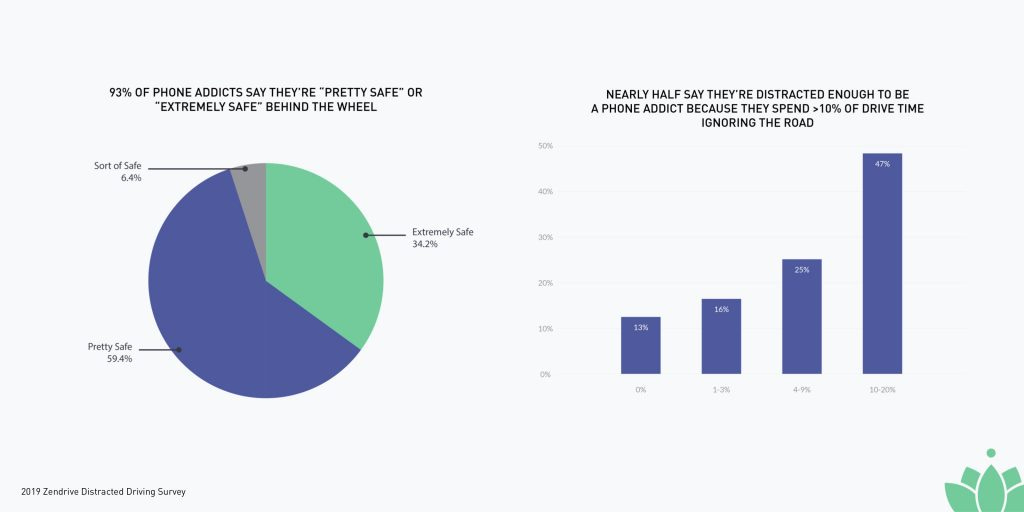4/15 – What’s Next
Hey there – hope you have a great start to your week!
Here is some optimism to start your week with:
In 1960, the child mortality rate was 18.5%. Nearly 1 out of 5 babies died during childhood! In 2015 child mortality fell to 4.3%. (Still too high, but go humanity!)
Tons of good stuff linked below…hit reply if you need help with anything or have any questions!
Articles to Read.
The Future of Geopolitics (1 hour)
This is the most interesting podcast I have listened to in a long time. Peter Zeihan explores geopolitical strategy and the future of the world. I think you will really enjoy it and would be curious your thoughts!
—
How to overcome the “scarcity mindset”

We’re surrounded by scarcity. The day starts with “I didn’t sleep enough.” Then the rush to get the kids fed and out the door is accompanied by the nagging feeling that as parents we’re “not present enough.” Next, a commute skimming articles on our phones and listening to podcasts at double speed. There’s too much to learn and “not enough time.” A coworker gets that coveted promotion implying there’s “not enough opportunity.” Therefore the new addition to the house will have to wait another year, because obvi, there’s “never enough house.” And as bed time approaches, it’s a race towards Inbox Zero. And what’s the last thought before your head hits the pillow? “I didn’t do enough.”
- There’s not enough – Having a second child doesn’t cut your love for your first child in half. When a friend gets promoted, it doesn’t reduce the global supply of promotions by one. Stop living life’s “worst-case scenario.”
- That’s the way it’s supposed to be – That’s the way it’s supposed to be. It’s a dangerous blend of laziness, resignation and conformity. It entrenches us into our spending habits and professional decisions and can leave us stuck and comfortably numb. Twist describes this last myth as the hardest to identify and transform:
—
Why Is Peter Thiel Pessimistic About Technological Innovation?
Consider the most literal instance of non-acceleration: We are no longer moving faster. The centuries-long acceleration of travel speeds — from ever-faster sailing ships in the 16th through 18th centuries, to the advent of ever-faster railroads in the 19th century, and ever-faster cars and airplanes in the 20th century — reversed with the decommissioning of the Concorde in 2003, to say nothing of the nightmarish delays caused by strikingly low-tech post-9/11 airport-security systems.
The cruder measure of U.S. life expectancy continues to rise, but with some deceleration, from 67.1 years for men in 1970 to 71.8 years in 1990 to 75.6 years in 2010.
We have one-third of the patents approved by the FDA as we have 20 years ago.
The Empire State Building was built in 15 months in 1932. It’s taken 12 years and counting to rebuild the World Trade Center.
—

At the beginning of the twentieth century, about a third of the U.S. population lived on farms; today, less than one per cent does. Mechanization brought tractors and combine harvesters, which were initially used for grains, such as wheat, rye, oats, and barley. They automated the manual labor formerly done by small armies of threshers and bundlers. Mechanical harvesters made industrial farming possible, and led to the consolidation of small family acreages into the megafarms that dominate U.S. agriculture today. “It was only those growers who first had access to the capital to buy the technology who could prevail,” Erik Nicholson, the national vice-president of the United Farm Workers, told me. “Those who didn’t could not compete and were run out of business, and their farms were put up for sale, and you had a dramatic consolidation of land in the Midwest.”
—
Phone Addicts are the New Drunk Drivers: Pledge to #TextYouLater!

Last year, 6,227 pedestrians lost their lives to the hands of drivers who were most likely driving under the influence of a smartphone. On a national level, drivers are 10 percent more distracted this year than last. And from out under the shadows, Phone Addicts have positioned themselves as public enemy number one, replacing drunk drivers as the ultimate threat on public roads.
—

The Substitution Myth is the belief that machines can take on tasks previously done by humans — that automation can be substituted for human action without any larger impact on the system in which that action or task occurs, except to increase output. In particular, it assumes that automation needs no human oversight once implemented.
—
A few words of advice to brain pickers
A few times a week I get an email from someone asking if they can pick my brain for 15 minutes. I appreciate their interest in what I might have to share, but when it’s pitched as a brain pick they’re making it hard to say yes.
1. Picking someone’s brain sounds like an entirely one-sided appeal. Give me what’s in your head. That’s a hard sell — especially when you are pitching someone who’s busy and occupied with trying to focus on their own business. Whenever you ask someone for something, always ask yourself what’s in it for them? What can you do to fill their brain rather than pick their brain?
2. There’s no such thing as a 15 minute call, or coffee, or meeting with someone you don’t really know. It takes 5 minutes just to say hello and warm up. It takes another 5 minutes just to begin to get into a conversation. And then you’re left with 5 minutes — which is never really enough time to have a substantive conversation (which is the kind of conversation you really want to have).
┄
More to Check Out:
– Why Drug Prices Keep Rising
– Tencent-backed hackers who drew praise from Elon Musk
– The Spectrum of Financial Dependence and Independence
– Marissa Mayer on Career Growth
– Uber’s S1 – fun to read.
Books I Read This Week.
FAQ: I read to explore my curiosity (and lately, I have been reading a lot)!!
Here is my 2019 bookshelf
- Factfulness: Ten Reasons We’re Wrong About the World–and Why Things Are Better Than You Think: Probably the most important book I have read this year. Would recommend to everyone interested in expanding worldview and learning how to think.
- City of Thieves: Set in Russia during WWII, fun read.
- A Daughter of Han: Vivid narrative of life in China during the late 19th century. Awesome way to learn about the evolution of society and progress. History certainly repeats. Would recommend.
- Lord of the Flies: Re-read this for the first time since freshman year of high school. “We did everything adults would do. What went wrong?”
- Wealth Management Unwrapped, Revised and Expanded: A cursory guide to navigating the wealth management industry (choosing advisors, managing relationship, etc.). Eh read.
Let me know if you have/need any recommendations!
My Update.
- Graduation is coming so incredibly soon. I am very excited for what is next but also trying to make the most out of today.
- Need travel recommendations? Here is my list!
- As you can tell, I read a lot this week. I cannot believe I only really started reading books this semester…this habit has been incredibly powerful and I would strongly recommend trying it out. So much out there!!
Thanks so much for reading! Find me on twitter : )